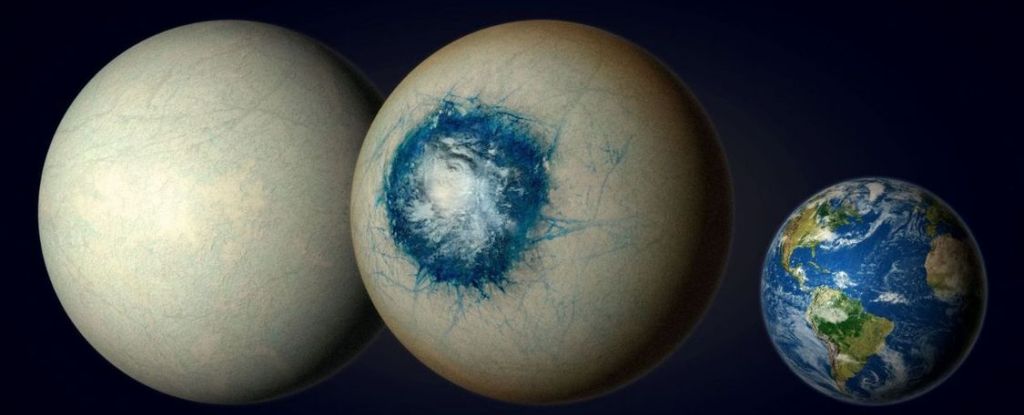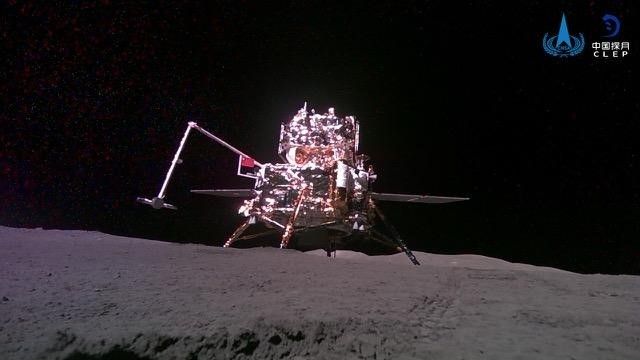Interesting Engineering
Interesting Engineering is a news platform that covers science, technology, and innovation. The site features articles written by a talented and diverse team of storytellers who aim to highlight the most fascinating scientific breakthroughs and engineering feats. The content is engaging and accessible to a wide audience, with an emphasis on clear writing and captivating topics.
98%
The Daily's Verdict
This news site is known for its high journalistic standards. It strives to maintain neutrality and transparency in its reporting, and avoids conflicts of interest. It has a reputation for accuracy and rarely gets contradicted on major discrepancies in its reporting.
Bias
100%
Examples:
- Interesting Engineering appears to present news with a neutral and balanced perspective.
Conflicts of Interest
100%
Examples:
- No conflicts of interest were identified.
Contradictions
92%
Examples:
- In another article, contradictory information about the composition and size of LHS-1140b is provided.
- In one article, it is mentioned that the number of holes in the calendar ring is 354, but it also follows a lunar calendar.
Deceptions
95%
Examples:
- In some articles, the language used may be misleading or exaggerated.
- Some articles may present sensational headlines that do not fully reflect the content.
Recent Articles

Unprecedented Volcanic Eruption Cooled Earth in 2022, Challenging Global Warming Assumptions
Broke On: Saturday, 15 January 2022
Newly Discovered Gases in Venus' Atmosphere: Phosphine and Ammonia - Possible Indicators of Life?
Broke On: Wednesday, 17 July 2024
New Discovery: Potentially Earth-Like Exoplanet LHS 1140 b May Harbor an Atmosphere and Support Life
Broke On: Tuesday, 09 July 2024
Decoding Visual Stimuli: Groundbreaking Research Unveils Flawless Image Reconstruction from Neural Activity Data
Broke On: Saturday, 06 July 2024New Evidence Suggests Ancient Greek Calendar in Antikythera Mechanism Had 354 Days
Broke On: Saturday, 06 July 2024
Unraveling the Universe's Greatest Enigma: UK Scientists Develop Quantum Detectors to Observe Dark Matter
Broke On: Thursday, 04 July 2024
New ¥10,000, ¥5,ooo and ¥1,ooo Banknotes: Japan Honors Cultural and Scientific Icons with Redesigned Bills
Broke On: Wednesday, 03 July 2024
Japanese Researchers Set New World Record for Data Transfer at 402 Tb/s
Broke On: Friday, 28 June 2024
Ancient Eyed Needles: The Ice Age Innovation That Transformed Clothing into a Cultural Expression
Broke On: Friday, 28 June 2024